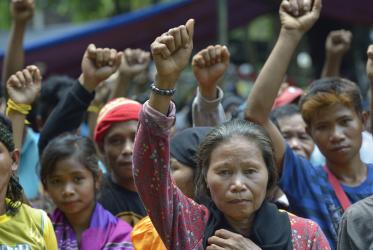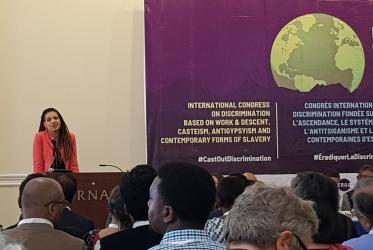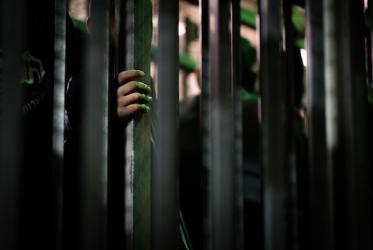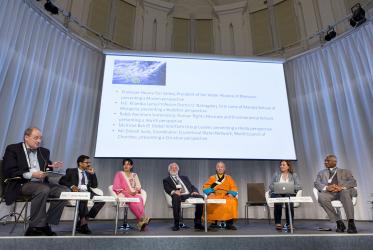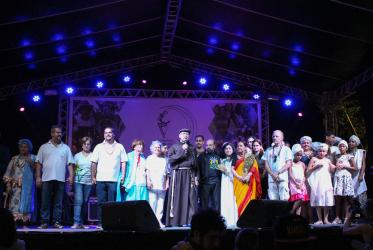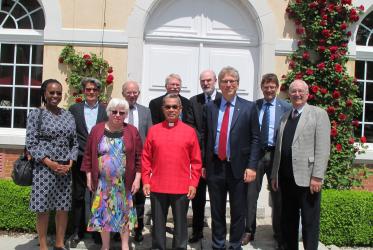A recent consultation took important steps to find a faithful paradigm of thinking over the issue of "Freedom of Religion or Belief."Twenty-two church leaders and theologians gathered in Hattersheim am Main, Germany, 25-27 February, to discuss this issue in light of the global rise of ethno-nationalisms, xenophobia, interreligious intolerance, patriarchal hegemony and racism.“Given the present rise of ethno-nationalisms that use religion as identity markers and for legitimization of violence, it is imperative that we as people of faith be able to support the freedom of religion and work towards a world in which all people of faith have the freedom of expression, articulation and propagation of their faith,” said Philip Vinod Peacock, executive secretary for justice and witness of the World Communion of Reformed Churches.
06 March 2020

